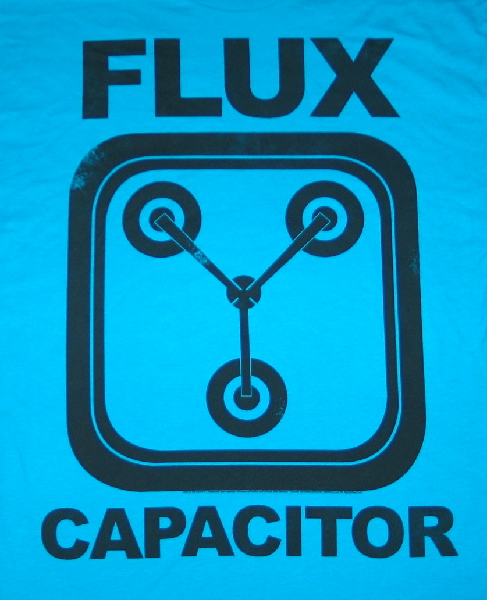- Joined
- Oct 23, 2013
- Messages
- 528
- Reaction score
- 606
i know sugam is renally cleared but some people i know say this works with even dialysis patients much better than cis/neo-glyco. less residual blockade. anyone else use roc/sugam for renal failure patients?
